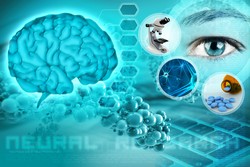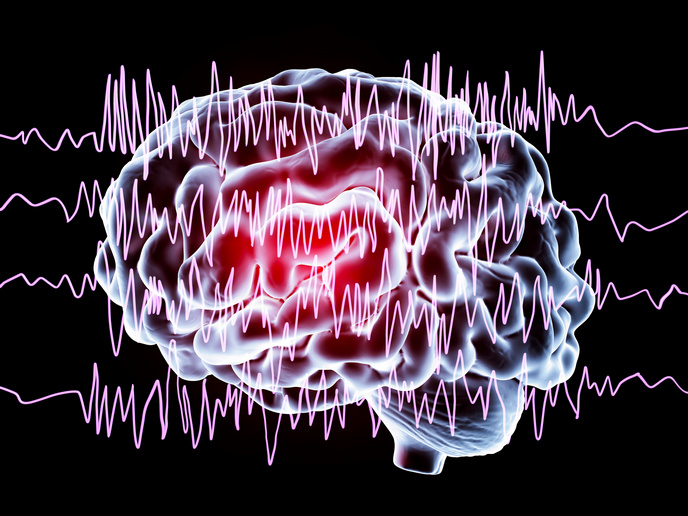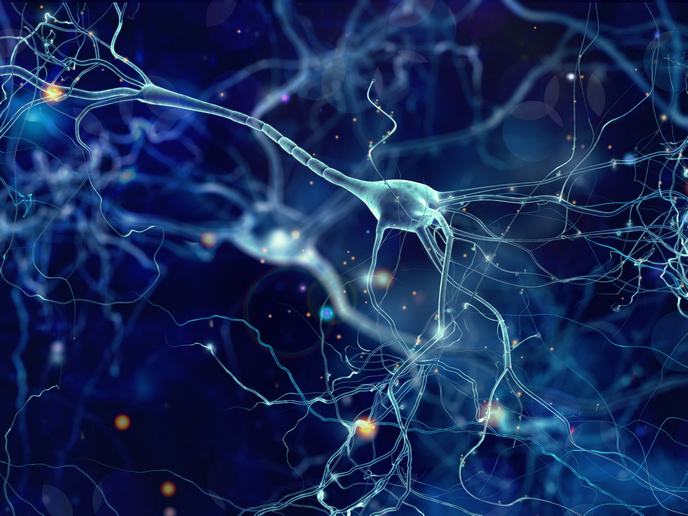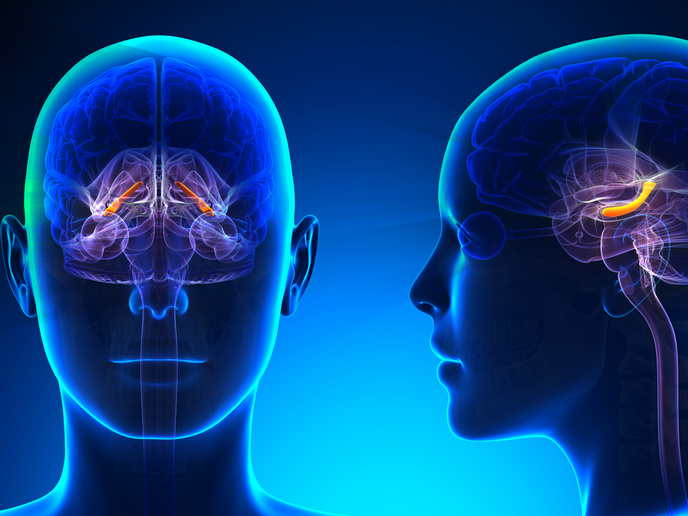Brain training for neuroscientists
Elucidating brain disorders requires understanding several complex factors such as the interplay between genes and environment, synaptic processes and neuronal circuitry. The EU has invested in human capital through the research training network project NPLAST(opens in new window) (NPlast - A neuroscience school that aims to preserve and restore neuroplasticity in brain disorders). NPLAST comprises partners from the public and private sectors who trained 15 young neuroscientists in relevant techniques in neuroscience and to conduct multidisciplinary research. Areas being explored include synaptopathies, Alzheimer's disease, neuroplasticity, and preserving or restoring synaptic function. Project members used animal models of cellular plasticity to identify disease-causing mechanisms. The researchers made considerable progress in a wide range of neurological disorders. To do this, they developed novel tools using discrete mathematics to visualise dynamic neuronal processes and elucidate synaptic function in health and disease. Studies on neuropsychiatric disorders such as schizophrenia revealed certain alterations in protein trafficking and protein composition of synapses. Transcriptional regulation in addiction was analysed. Importantly, novel targets for pharmacological interventions in synaptic dysfunction in neuropsychiatric disorders were identified. Researchers successfully identified signalling pathways that cause and maintain a diseased state in the brain by altering gene expression. Alterations in brain synapse biogenesis that are specific to Huntington's disease were identified that could be targeted for effective therapy. The amyloid-beta peptide, a known player in Alzheimer's disease, was found to promote synaptic plasticity in the healthy brain. NPLAST's multidisciplinary training activities will provide necessary expertise to young neuroscientists that will help them elucidate changes in the brain in health and disease. This in turn should lead to the development of innovative and effective interventions to prevent or restore normal brain function. Personalised treatment for conditions with hereditary components such as schizophrenia and Huntington's could be just around the corner.







